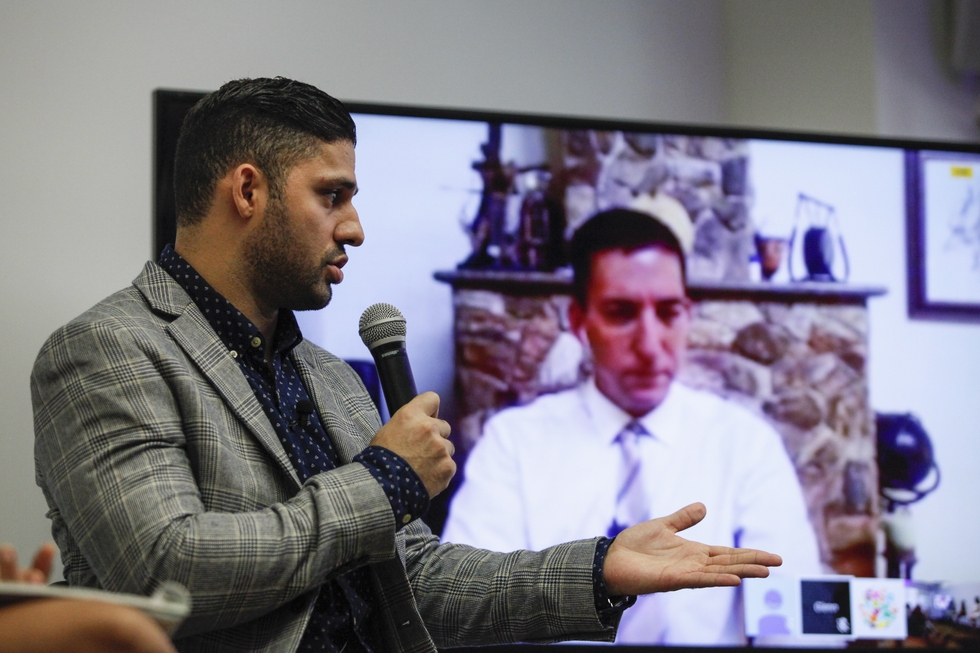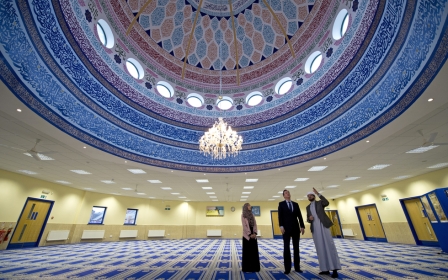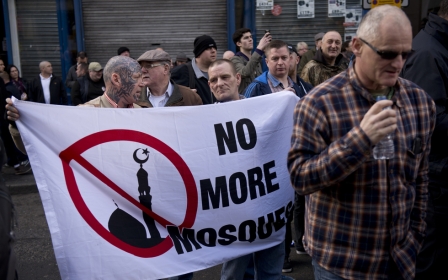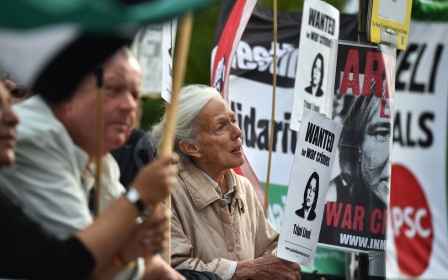The Miranda effect: Rescuing human rights from the surveillance state

A very rare turn happened in the UK courts this week - the Master of the Rolls sat at the front bench of the highest body of redress the nation’s sovereignty affords and held that a piece of UK legislation was incompatible with our human rights.
Except it was caveated – in the very least for the case of journalistic material.
A couple of years ago, the NSA files, a series of secret NSA documents released by whistleblower Edward Snowden, set the Western powers that be into a world-spinning panic. The said documents shed light on exactly what our privacy was worth, implicating the UK as well as the US spy agencies in unlawful surveillance activities.
What was in the public interest was hailed to be the guard dog of national security, therefore publishing them was deemed by the government to be a potential act of terrorism. This is why David Miranda was stopped. He was carrying the encrypted files to assist the journalistic activity of Glenn Greenwald, who had received them from Snowden.
The released files sparked public debate and brought forward legislative change, arguably changing the world and rescuing our civil liberties before they were catapulted into the stratosphere. So could an indirect consequence of Miranda’s detention be another last-minute reprieve for our human rights?
The obscurity of schedule 7
Miranda’s challenge to the law that went as high as the Supreme Court, claimed that Schedule 7 of the Terrorism Act 2000, under which he was detained, breached essential press freedoms and his detention was unlawful when used for the purpose of seizing journalistic material.
Agreed, said Master of the Rolls. A win – a win for press freedom.
Schedule 7 though, is invoked daily, thousands of times a year - 45 per cent of the time, the subject is Asian, with a "Muslim appearance", being asked irrelevant personal questions about their opinions on foreign policy and degree of religiosity on the assumption this will provide them with some meaningful intelligence.
Schedule 7 is a free-for-all pass for police/customs or immigration officers to stop, search and interrogate you without any reasonable cause or suspicion at ports and borders. Official explanation for its purpose is for low-level intelligence to help inform security services. Its practical impact, however, has not been shown and human rights campaigners have been lobbying for the law to be revoked.
It wasn’t until the Miranda incident in 2013 that Schedule 7 was thrown into the limelight and its draconian nature brought into question.
The public exposure at least opened the door for reform to be considered, and public consultation of changes to Schedule 7 resulted in a call for some softening of powers and safeguards.
In practical terms however, this has meant nothing. The right for officials to question you for up to six hours instead of nine, access to a lawyer after one hour in detention, no strip searches unless there is strong evidence of the possibility of terrorism and no collection of biometric data.
In reality, persons are held and questioned for under one hour in the majority of cases and the act can still be used to stop individuals with no reasonable suspicion and allow for their property to be seized for up to seven days.
The schedule in fact is no different to the previous Section 44 of the same counter-terrorism legislation that allowed any police officer to stop and search anyone or any vehicle within a specific area – "specific" area amounting to the whole of Greater London. The European Court of Human Rights upheld that it was an unlawful provision, lent itself to misuse and violates the right to respect for private and family life.
But Schedule 7 represents the same law in practice except prior to travel. Liberty reported back in 2010 that black and Asian men were five to seven times more likely to be searched under Section 44, today under Schedule 7, they are 42 times more likely to be stopped.
Balance for the betterment of society
The lens with which these facts are seen is polarised depending on whether it’s from the security perspective or that of civil liberties. Those with the security focus in view see the risk as being primarily from the community it targets, justifying the racial profiling of passengers embarking or disembarking from UK soil.
However, those looking through the civil liberties lens see the fact that Muslim men and increasingly Muslim women are being targeted for the fact that they are Muslim as racist and an obstruction of rights.
The truth is the law allows for some derogation from the fundamental rights of people, particularly in relation to national security, giving police and security officials discretionary powers. However, the powers need to be proportionate and a careful balancing act is needed between them and the benefit to society.
Consider the Miranda judgement, where the most senior judge stated that disclosure of journalistic material undermines the confidentiality that is inherent in such material, stating: “If journalists and their sources can have no expectation of confidentiality, they may decide against providing information on sensitive matters of public interest.”
If Muslims and their families can expect no right to travel without being interrogated about their personal information, is there no expectation that this will cause a rising discontentment and disillusionment with the state apparatus? And that, in history, has been no friend to stability in society and has not been in the public interest.
It’s a common argument that the alienation of the Muslim community is a cause of radicalisation and it’s a strand that cannot be ignored, particularly where the impact of such a piece of legislation has never been vindicated as protecting national security or curbing a terrorist incident.
The balance is not there and the benefit non-forthcoming.
Capitalise on Miranda
Optimistic campaigners say Miranda has pushed the door open for a review of legislation. Pragmatists may say that new "safeguards" may be proposed as lip service to the judgment and limited to fall in line with the right to freedom of expression only – one that was already incorporated under the code of practice in 2015.
Change-makers, however, should use this as an opportunity. The debate has opened up on Schedule 7 and wider counter-terrorism legislation and political ears are open.
Advocates for civil liberties should be taking the debate forward, civil society recording experiences and members of the public can complain to their MP and the Independent Police Complaints Commissioner about being detained simply for the purpose of knowing their prayer rituals or political opinions.
The potential for another human rights victory, therefore, could well be in play, but it may be a long game.
- Sophia Akram is a researcher and communications professional with a special interest in human rights particularly across the Middle East and Asia.
The views expressed in this article belong to the author and do not necessarily reflect the editorial policy of Middle East Eye.
Photo: Pulitzer Prize-winning investigative journalist Glenn Greenwald speaks via video link to attendees while David Miranda (L), the Brazilian coordinator of the Campaign for asylum for [Edward] Snowden in Brazil attends a discussion regarding an International Treaty on the "Right to Privacy, Protection Against Improper Surveillance and Protection of Whistleblowers" in Manhattan, 24 September, 2015 in New York (AFP).
New MEE newsletter: Jerusalem Dispatch
Sign up to get the latest insights and analysis on Israel-Palestine, alongside Turkey Unpacked and other MEE newsletters
Middle East Eye delivers independent and unrivalled coverage and analysis of the Middle East, North Africa and beyond. To learn more about republishing this content and the associated fees, please fill out this form. More about MEE can be found here.





